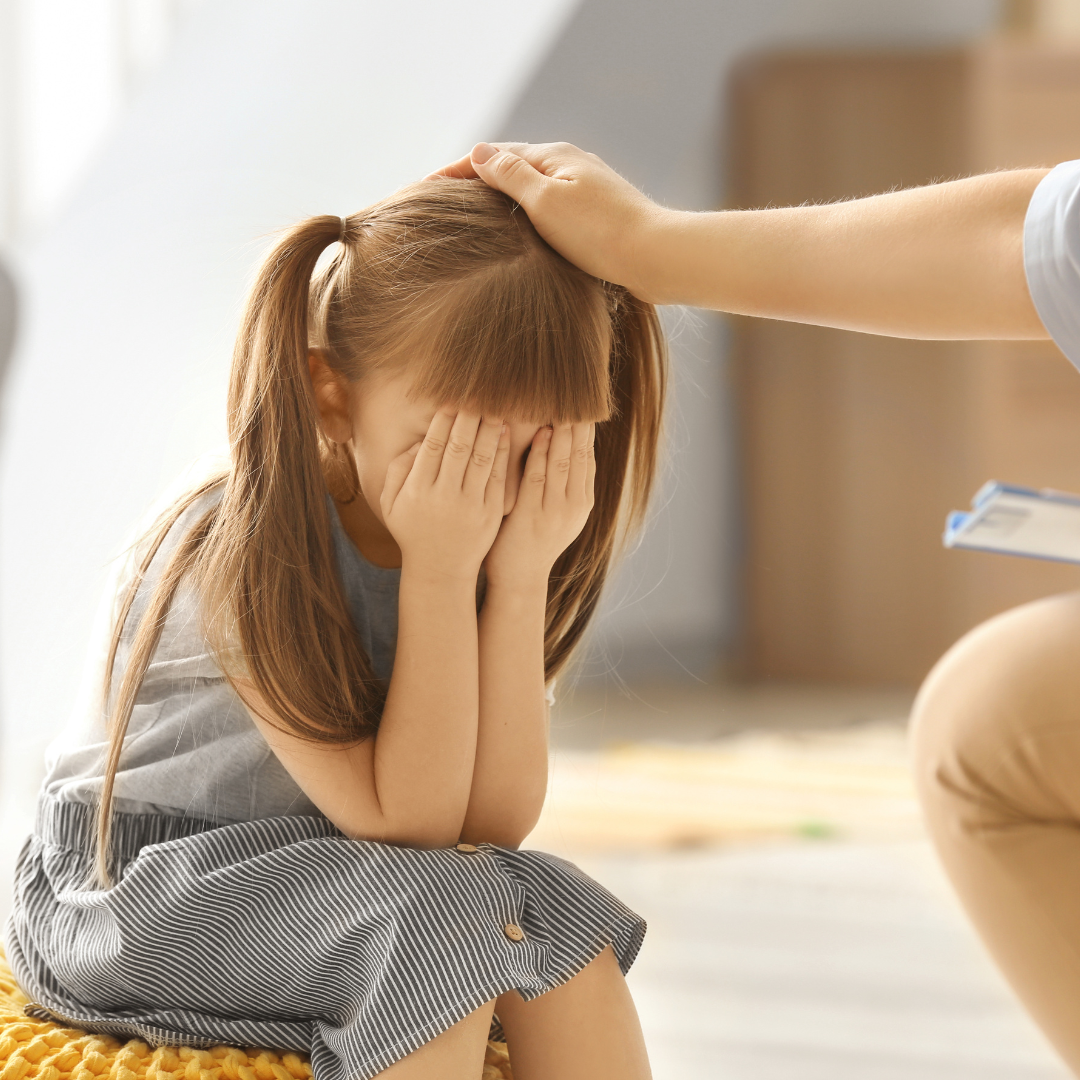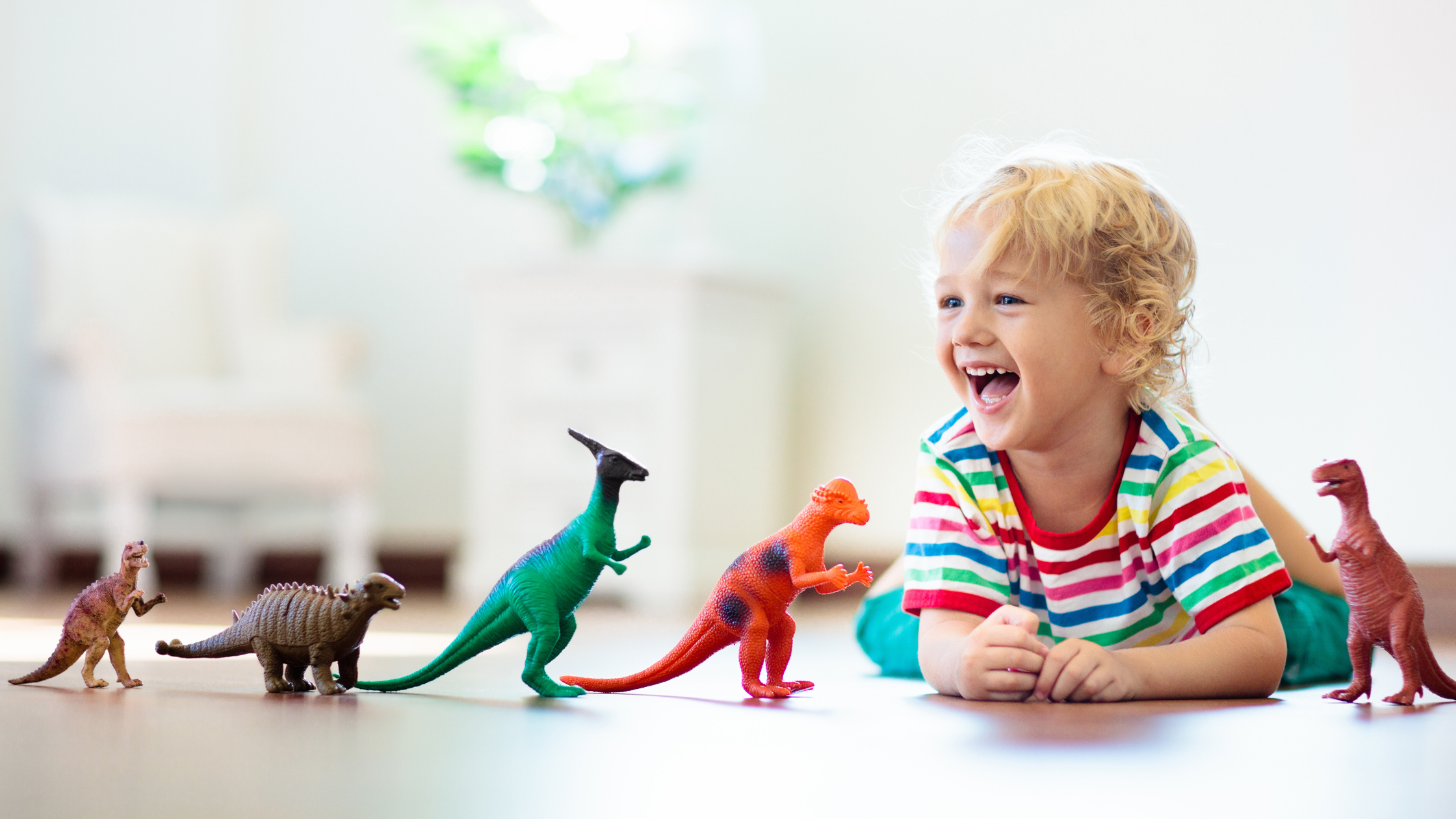Written by Cindy Hovington, Ph.D. Founder of Curious Neuron, Host of Curious Neuron PodcastHow can you protect your child’s mental health?
Happy New Year friends! I will be making some small changes to @curious_neuron this year. I have already been doing it but I will be focusing on everything in your child’s environment that contributes to their social-emotional health. This includes your parenting behaviours, their mental health and your own, how they cope with emotions and stress, parenting styles, social skills, brain development and more!
Many factors contribute to our mental health. Today, I am highlighting 3 that you can work on this year.
Work on our own mental health
When we struggle with our mental health, it can make it more difficult to nurture our children and connect with them. Self-care is not selfish, it is necessary. What brings you joy? Are you struggling with feeling happy or calm? What are some ways you can unwind or disconnect on a daily basis (even if you stay in your own home)? Are there boundaries you need to set with people in your life?
Minimize “ACEs”
ACEs are Adverse Childhood Experiences and have been shown to increase the risk of both physical and mental illness in adulthood. There are 3 categories of ACEs: Neglect (physical, and emotional), Abuse (Physical, sexual, and emotional), and household dysfunction (mental illness, parenting being treated violently, divorce, substance abuse, and incarceration). Many organizations are trying to increase awareness of ACEs with the hopes of helping parents minimize these in their child’s life.
Teach them emotion regulation skills
This is a lot more than just meditation or naming emotions. There is TONS of research around emotional learning in kids (and adults!). I will be focusing on this a lot more in 2023 because we need to work on these skills as a society. Naming all emotions, knowing what it feels like to experience this emotion, knowing how to sit with the emotion and what to do to move past it, and how to communicate your emotions and empathize with someone else emotions are all part of emotional learning.
There are other factors that contribute to a child’s mental health including parental harsh punishment, low parental monitoring, and poor quality of attachment to parents predicted (references below)
Which one of these 3 factors will you work on this year? If you want to work on the third one and need help, download my app called Wondergrade. It can help your child learn how to cope with worry or anger. Link in bio!
Don’t forget to tune in to the Curious Neuron Podcast to hear what happened over the holidays. Available on iTunes, Spotify and Amazon Music.













